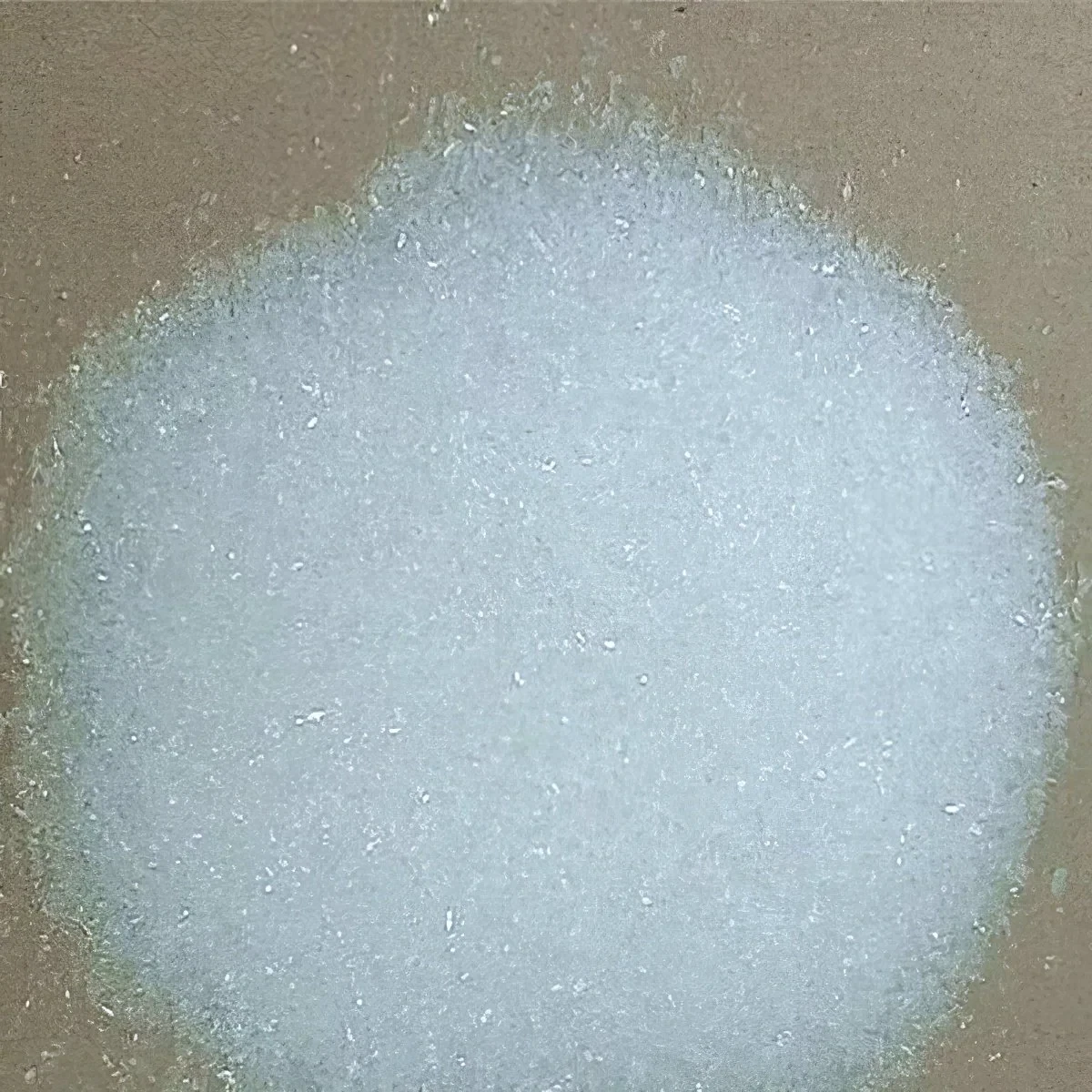



types of pool water treatments
Types of Pool Water Treatments
Maintaining crystal-clear and hygienic pool water is essential for any pool owner. Different types of pool water treatments ensure that the water remains safe for swimming and free from harmful contaminants. Here, we will explore the main types of pool water treatments, discussing their benefits and importance.
1. Chlorination
Chlorination is one of the most common methods of pool sanitation. Chlorine is a powerful disinfectant that kills bacteria and algae, making it effective for keeping pool water clean. There are various forms of chlorine, including liquid chlorine, chlorine tablets, and granular chlorine. Each type has its pros and cons regarding convenience, dosage control, and stability in varying water temperatures.
2. Saltwater Chlorination
Saltwater pools are becoming increasingly popular as they provide a gentler alternative to traditional chlorine systems. Instead of manually adding chlorine, a saltwater chlorinator generates chlorine through the electrolysis of salt added to the water. This method not only reduces chemical usage but also creates a softer feel to the water, making it more enjoyable for swimmers. Additionally, saltwater pools require less maintenance, as they stabilize the chlorine levels automatically.
types of pool water treatments

Bromine is another effective chemical for pool water treatment, especially for indoor pools. It has similar bactericidal properties to chlorine but works better at higher temperatures and pH levels. Bromine is less irritating to the skin and eyes, making it a preferred option for many pool lovers, despite its somewhat higher cost compared to chlorine.
4. Ozone Treatment
Ozone treatment involves using ozone gas to purify the pool water. Ozone is a natural oxidizer that can kill bacteria and break down organic contaminants. One of the main advantages of an ozone system is that it can significantly reduce the amount of chlorine needed, thus minimizing the chemical exposure for swimmers. However, ozone systems typically require more initial investment and could necessitate the use of traditional sanitizers for complete effectiveness.
5. UV Light Treatment
Ultraviolet (UV) light systems offer a chemical-free method of pool sanitization. UV sterilizers use UV light to inactivate pathogens present in the water. This method is effective in enhancing other treatment processes, complementing chlorine or bromine while helping to reduce the amount of harmful chemicals in the water.
In conclusion, understanding the various types of pool water treatments is essential for maintaining a safe swimming environment. Each method has its advantages and drawbacks, so it ultimately depends on the preferences and requirements of the pool owner. A combination of these treatments can often yield the best results, ensuring crystal-clear water for everyone to enjoy.
-
Why Sodium Persulfate Is Everywhere NowNewsJul.07,2025
-
Why Polyacrylamide Is in High DemandNewsJul.07,2025
-
Understanding Paint Chemicals and Their ApplicationsNewsJul.07,2025
-
Smart Use Of Mining ChemicalsNewsJul.07,2025
-
Practical Uses of Potassium MonopersulfateNewsJul.07,2025
-
Agrochemicals In Real FarmingNewsJul.07,2025
-
Sodium Chlorite Hot UsesNewsJul.01,2025










